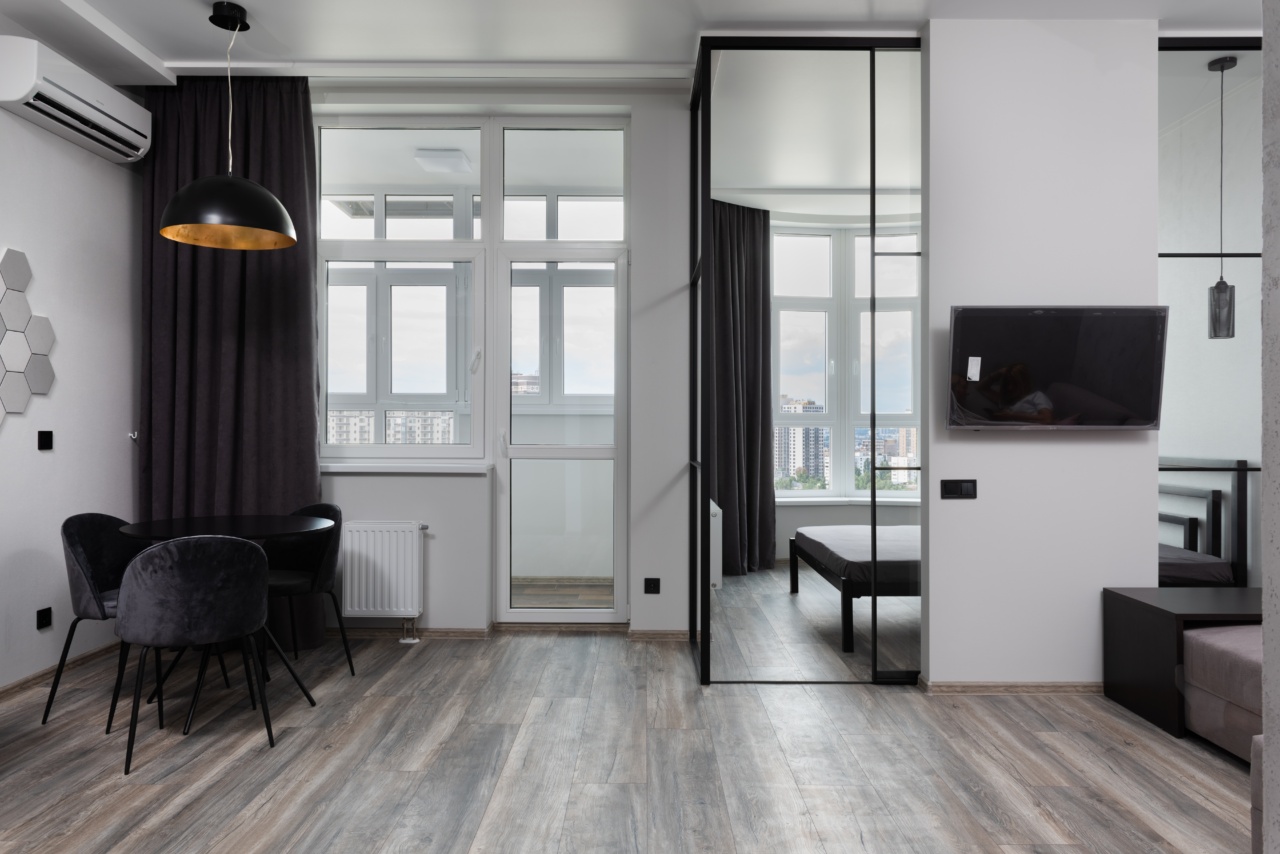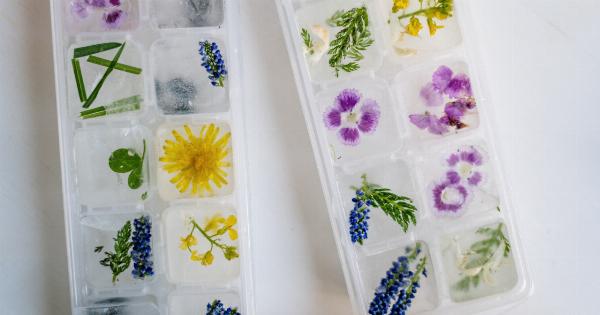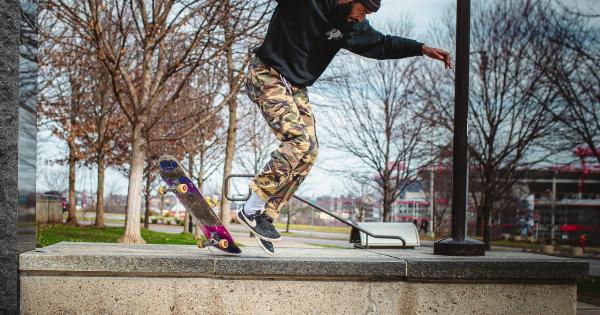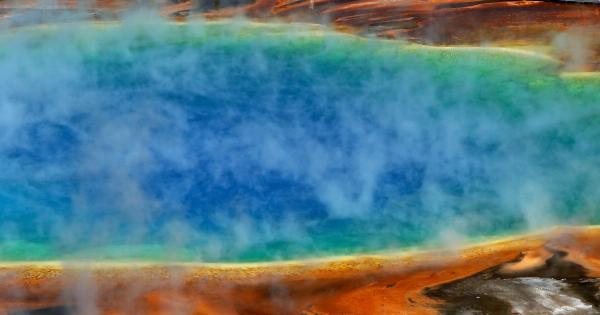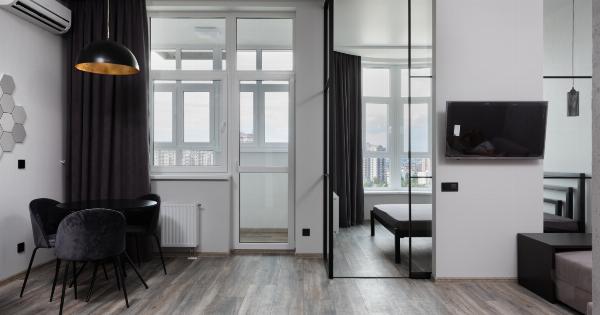As summer approaches, so does the scorching heat. Many of us are quick to turn to air conditioning as a solution, but relying solely on AC can be expensive and not always eco-friendly.
Fortunately, there are several ways to stay cool without air conditioning, and this article will share some of those tips with you.
1. Keep the Sun Out
One effective way to keep your home cool is to block out the sun during the hottest parts of the day. This can be done by closing curtains, blinds, or shutters, or by using reflective window film.
Blocking out the sun can reduce the amount of heat that enters your home, which can make a noticeable difference in temperature.
2. Use Fans Strategically
Fans can be a great way to circulate air and create a breeze, but they aren’t always effective if used haphazardly. One way to use fans more strategically is to place them in windows facing outwards.
This can help pull hot air out of your home and create a cooler indoor environment. Additionally, using a ceiling fan can help circulate air throughout the room, making it feel cooler.
3. Change Your Bedding
During the summer months, it’s a good idea to switch to lighter bedding materials such as cotton or bamboo. These fabrics are breathable and can help keep you cool while you sleep.
Additionally, using a cooling pillow or investing in a cooling mattress pad can also help regulate your body temperature.
4. Stay Hydrated
One of the most important things you can do to stay cool during hot weather is to stay hydrated. Drinking plenty of water throughout the day can help regulate your body temperature and keep you from overheating.
Additionally, eating foods with high water content such as watermelon or cucumbers can also help keep you hydrated.
5. Dress Appropriately
The clothes you wear can also have a big impact on how cool you feel during hot weather. Opt for lightweight, breathable fabrics such as cotton or linen, and avoid materials that trap heat such as polyester.
Additionally, wearing lighter colors can help reflect the sun’s rays and keep you cooler.
6. Make Changes to Your Home
If you’re willing to make some more long-term changes, there are several modifications you can make to your home to make it more cool and comfortable.
Adding insulation to your attic or walls can help reduce the amount of heat that enters your home, while planting trees or adding shading devices such as awnings can help block out sunlight.
7. Take Cold Showers
If you’re feeling particularly hot and sticky, taking a cold shower can be an instant way to cool down. Similarly, placing a wet towel or washcloth on the back of your neck can also help lower your body temperature.
8. Create Circulation
Creating air circulation in your home can help make it feel cooler. One way to do this is by placing a bowl of ice in front of a fan. As the ice melts, the cool air will circulate throughout the room.
9. Avoid Using Appliances
Appliances such as ovens, dryers, and dishwashers generate a lot of heat, which in turn can make your home feel warmer. To reduce the amount of heat in your home, try to avoid using these appliances during the hottest parts of the day.
10. Take Advantage of Cooler Temperatures
If you live in an area where temperatures cool down at night, take advantage of this by opening windows and allowing cool air into your home. This can help lower the temperature of your home and keep it cool throughout the day.
Conclusion
While air conditioning can be a convenient way to beat the heat, it’s not always the most practical or eco-friendly option. By using these tips, you can keep your home cool and comfortable without relying on AC.
From blocking out the sun to creating air circulation, there are many ways to stay cool during hot weather.
